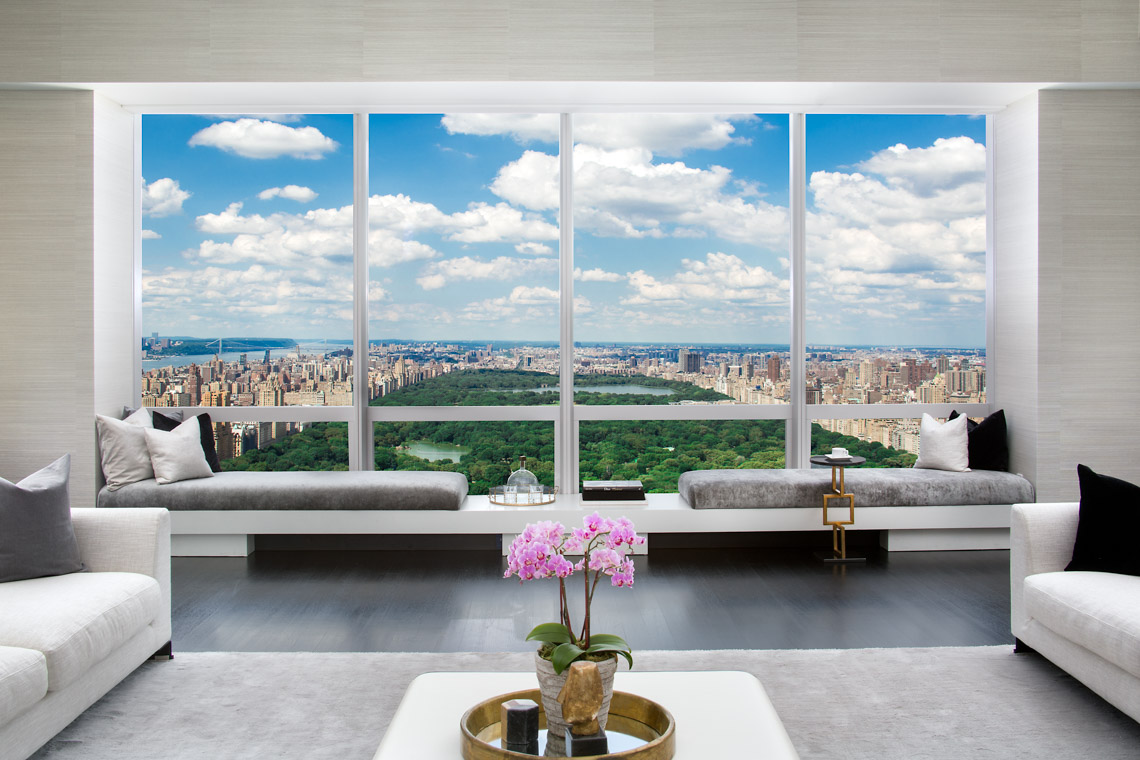Absolutely! Here’s a comprehensive 3000-word article on the best camera lenses for real estate photography, formatted with `
` and `
` tags for readability:
Real estate photography is a specialized field that demands a keen eye for detail and the right equipment to showcase properties in their best light. A crucial component of this equipment is the lens. Selecting the right lens can make the difference between a listing that lingers and one that flies off the market. This guide will delve into the best lenses for real estate photography, covering various focal lengths, features, and considerations.

Before diving into specific lens recommendations, it’s essential to understand the core requirements of real estate photography:
Wide Angle of View: Capturing the entirety of a room or exterior is paramount.
Focal length dictates the angle of view and perspective of a lens. For real estate, wide-angle lenses are the workhorses.
Ultra-Wide-Angle Lenses: Capturing the Grandeur

Ultra-wide-angle lenses, typically ranging from 10mm to 16mm, are indispensable for capturing the full scope of interior spaces and expansive exteriors.
10-12mm Lenses: Extreme Wide-Angle Mastery
These lenses provide an extremely wide field of view, ideal for small spaces and dramatic architectural shots.
14-16mm Lenses: Balancing Wide Angle and Distortion Control
These lenses offer a wide field of view with better distortion control than ultra-wide options.
Wide-Angle Lenses: The Versatile Workhorses
Wide-angle lenses, typically ranging from 16mm to 24mm, are the most versatile options for real estate photography.
16-20mm Lenses: Ideal for Interiors and Exteriors

These lenses offer a wide field of view with manageable distortion, making them suitable for various real estate scenarios.
20-24mm Lenses: A Balance of Wide Angle and Natural Perspective
These lenses provide a slightly narrower field of view, offering a more natural perspective with minimal distortion.
Standard and Telephoto Lenses: Capturing Details and Unique Perspectives
While wide-angle lenses are the primary tools, standard and telephoto lenses can be valuable for capturing specific details and creating unique perspectives.
24-35mm Lenses: Capturing Room Flow and Details
These lenses are extremely versatile and can be used for capturing the flow of a home, as well as tighter shots of key selling features.
50mm Lenses: Capturing Architectural Details and Staging
These lenses are excellent for capturing architectural details, staged elements, and close-up shots of key features.
70-200mm Lenses: Capturing Distant Exteriors and Unique Angles
These lenses are valuable for capturing distant exterior shots, architectural details from afar, and unique perspectives.
Beyond focal length, several other lens features are crucial for real estate photography.
Aperture: Controlling Light and Depth of Field
A wider aperture (lower f-number) allows more light to enter the lens, improving low-light performance and creating a shallow depth of field.
Image Stabilization: Reducing Camera Shake
Image stabilization (IS) helps reduce camera shake, resulting in sharper images, especially in low light or when shooting handheld.
Distortion Control: Maintaining Straight Lines
Lenses with effective distortion control are essential for maintaining straight lines in architectural shots.
Build Quality and Weather Sealing: Ensuring Durability
Real estate photographers often work in various conditions, so a durable lens with weather sealing is essential.
Here are some recommended lenses for real estate photography, categorized by focal length and lens type:
Ultra-Wide-Angle Zoom Lenses
Canon EF 11-24mm f/4L USM: An exceptional ultra-wide-angle lens with minimal distortion and excellent image quality.
Wide-Angle Zoom Lenses
Canon EF 16-35mm f/2.8L III USM: A versatile wide-angle zoom lens with excellent image quality and a fast aperture.
Wide-Angle Prime Lenses
Sigma 14mm f/1.8 DG HSM Art: A very fast and sharp prime lens.
Selecting the right lens for real estate photography is a crucial decision that can significantly impact the quality of your work. By understanding the core requirements of real estate photography, considering the importance of focal length and key lens features, and exploring the recommended lenses, you can make an informed choice that will help you capture stunning images that sell properties. Remember to practice and experiment with different lenses to find the ones that best suit your style and needs.
